
AN OLD HABIT THAT MAY BE AGING YOUR HANDS + HOW TO COMBAT IT
Can’t leave home without a bottle of hand sanitizer? Hey, we can’t blame you. With the way colds and influenzas get passed around in most heavily populated area, it almost feels like a must to carry on-the-go protection you can use from anywhere.
But here’s the problem: it turns out hand sanitizer isn’t quite as heroic as you might think. Not only is there evidence it might contribute to antibiotic resistance, but you also might be subtly damaging your hands when you use it.
Here’s the scoop.
WHAT EXACTLY IS HAND SANITIZER, ANYWAY?
Before we talk about some of the damage hand sanitizers do your hands, we need to talk about what’s in these so-called miracle products and how they work. You already know the point of using them – to kill germs and keep your hands clean. But how exactly is this achieved?
Most hand sanitizers contain a mixture of ingredients specifically known for their ability to kill germs. Pretty much anything you buy at your local drugstore or grocery store will contain either isopropanol or ethanol.
There are a few more “high-tech” products out there that contain targeted antimicrobials, like triclosan, benzalkonium chloride, or benzethonium chloride instead. These are the products you’ll see most often in healthcare settings, such as when you first walk in the door of your doctor’s office or local hospital.
Isopropanol and ethanol are lethal to most bacteria found on the human body. They dissolve essential proteins, which limits the bacteria’s ability to survive and replicate within seconds. Friction (vigorously rubbing the hands together) aids this process by creating heat to ensure more even germ-killing power.
Triclosan, on the other hand (pun intended), works by inhibiting an enzyme called enoyl-acyl carrier protein reductase (ENR). ENR is present only in bacteria, not in healthy human tissue, so the bacteria dies without causing harm to living tissues.
Benzalkonium chloride and benzethonium chloride also inhibit cellular function within germs without harming your body. These specialized ingredients also have the added benefit of preventing bacterial growth for a period of several hours. This is ideal in a setting like a hospital where constant exposure is almost a given.
Most hand sanitizers also contain other non-medicinal ingredients, like aloe, water, glycerin, tea tree oil, witch hazel, or vitamin E. These substances impact the product’s consistency, make the product better at killing bacteria, and help protect against aging your hands from harm (or at least, that’s the intention, anyway).
WHY HAND SANITIZER MAY BE AGING YOUR HANDS
In the right circumstances, hand sanitizer can be a (literal) life-saver. Nurses and doctors often use it to limit the spread of contagious bacteria infections commonly found in healthcare settings (including deadly MRSA). Slathering on a bit now and again when you’re in public during flu and cold season might also stop you from getting sick.
Alcohol-based products evaporate rapidly when exposed to air. This is ideal when you want to kill germs quickly on the go without leaving behind a sticky, greasy residue that makes your skin feel awful.
Unfortunately, it’s also hell on your hands. The evaporation process strips away skin oils, sunscreen, moisturizers, and even the moisture your own skin creates, too. Your hands are instantly exposed to the elements with very little protection.
Most modern alcohol-based sanitizers do contain skin emollients, which are designed to re moisturize and soften your hands. But the quantity in which they are present is rarely enough for the average user, creating a false sense of security with very little actual benefit.
Use these products often enough (without addressing the exposure problem) and you’ll eventually start to notice subtle signs of damage on your hands. Chronic dehydration impairs collagen production, leading to loss of elasticity. Dryness makes fine lines, wrinkles, and age spots more obvious, too.
FINDING THE RIGHT BALANCE
So, here’s the thing. You can’t always just stop using hand sanitizer – especially if you work in an industry where it’s almost a must. Of course, you don’t want to suffer from the negative effects of skin dehydration, either.
The first step is to be aware of the problem in the first place; we’ve already covered that. Next, you need to find ways to either reduce or eliminate the problem of chronic dehydration. We’ve got your back there, too!
Save the sanitizers for when you truly don’t have another option to limit the negative effects associated with them. If you have the option to wash your hands using a gentle cleanser at a sink, choose that option instead. Water should be very warm, but never hot; excessively high temperatures can be drying, too.
If you have to use a sanitizer, try to avoid the over-the-counter products like Purell. They have an extremely high concentration of alcohol and very little in the way of skin softening agents, making them more likely to dry you out.
Try alcohol-free sanitizers for sensitive and/or dry skin instead. Start with products made for infants, toddlers, and children; they’re less likely to dry you out because they’re designed for delicate skin in the first place.
Carry your favorite SPF hand moisturizer with you while you’re out and about. If you have to use your sanitizer, wait five minutes and then slather on a generous helping of emollients afterwards.
If you notice drying, flakiness, or irritation after using your normal sanitizer, be suspicious it may be the cause – even if you’ve been using it for years. Shifts in the weather, your diet, and even your hormone levels can make your skin more or less sensitive to the effects of dehydration. You may find you need to switch up your products every so often to address these changes.
Slather on some coconut oil first thing in the morning and just before you go to bed. It’s safe, smells great, and does a fantastic job of injecting moisture into your skin. Shea butter and algae extracts are also highly moisturizing.
If you seem to be losing skin elasticity, try products that contain phyto-peptides, alpha hydroxy acid, and hyaluronic acid. All three of these encourage your skin to better maintain moisture while supporting increased collagen production.
Above all else, don’t forget that your local medspa can help you with the skin on your hands as well as the skin on your face. Whether you’re struggling with age spots, sagging, fine lines, or even just uneven tone, they can “give you a hand” restoring your skin to its former glory. And that’s just plain handy!
 None
None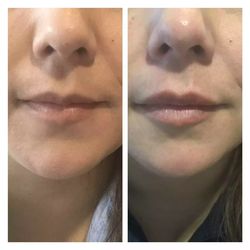 None
None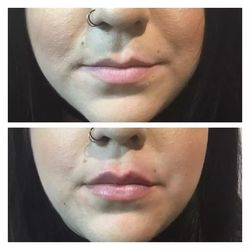 None
None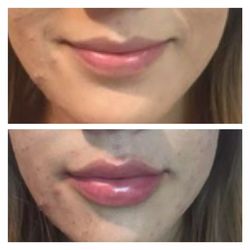 None
None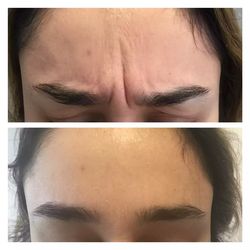 None
None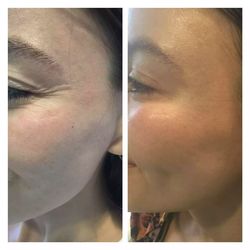 None
None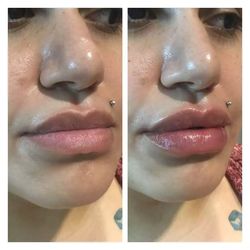 None
None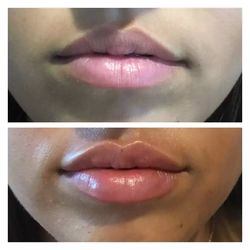 None
None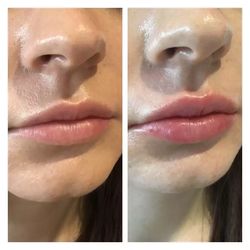 None
None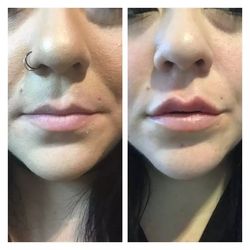 None
None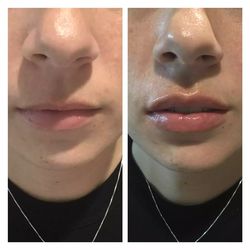 None
None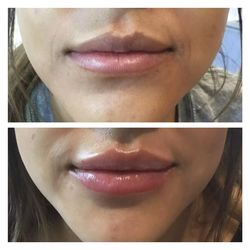 None
None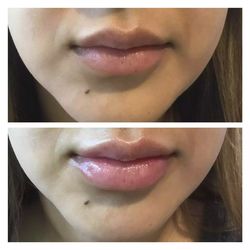 None
None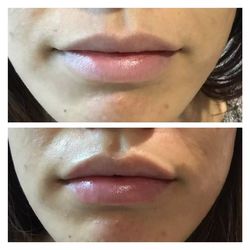 None
None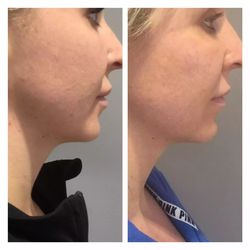 None
None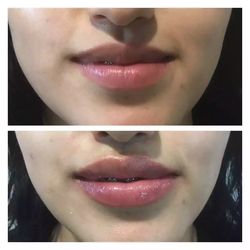 None
None
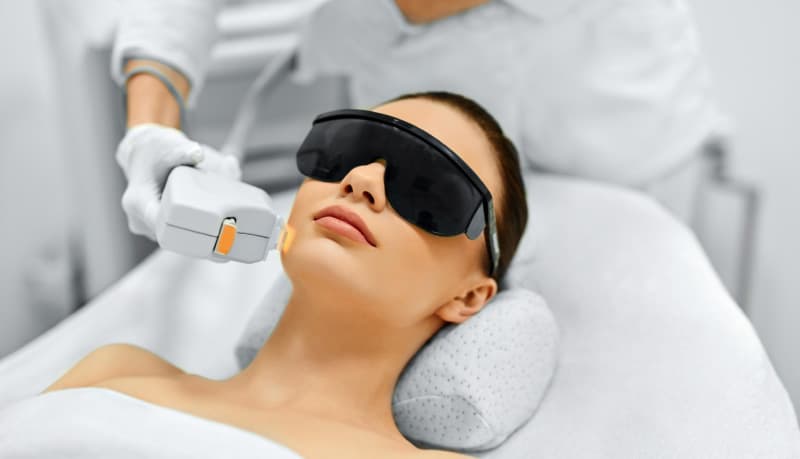









0 comments